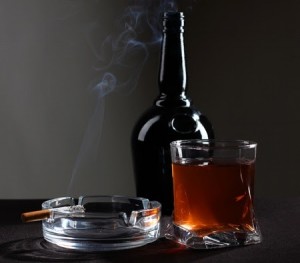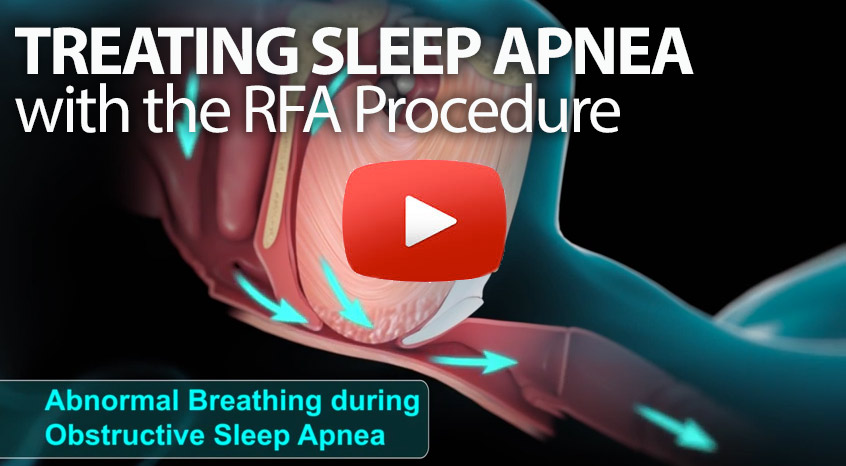One of the most important things you can do for your health is get a good night’s sleep. Studies show that a restful eight hours each night is the key to maintaining alertness, increasing focus and concentration, performing well at school and/or work, and even losing weight. So how can you make sure to get good sleep every night? Well, one of the ways is to consider the impact of alcohol, cigarettes, and other chemical substances on your body’s sleep. Many common recreational drugs and sleeping pills can significantly impair your sleep cycle. Bottom line, sleeping and vices don’t play well together.
Take alcohol for example, it may help you fall asleep more quickly and deepen your sleep for an hour or two, but it actually hurts you when it counts. The important term here is rapid eye movement (REM) sleep. REM sleep starts about an hour and a half into your sleep cycle and is the period of time where you dream. Scientists also think that REM sleep has restorative properties; it may be involved in long-term memory formation and a variety of other beneficial processes. Imbibing alcohol before sleep tends to damage REM sleep, slowing its start and making it less consistent.
Another study showed that when people had a drink before bed, they demonstrate both brain function consistent with deep sleep and brain function consistent with light sleep. Taken together, those readings suggested restlessness and difficulty settling into a consistent sleep pattern. In fact, similar readings have been observed in people with chronic pain or insomnia.
Nicotine has a similar but likely more dramatic effect on sleep. As with alcohol, nicotine intake makes deep, rapid eye movement sleep less common and shallow sleep more common, resulting in less restful sleep during the night and drowsiness the next day. But there are two reasons nicotine can be even more damaging to users’ sleep cycles.
First of all, unlike alcohol, nicotine is a stimulant, working to increase the brain’s production of hormones that keep the user awake and alert. This means that any consumption of nicotine fewer than two hours before going to bed will make it more difficult to fall asleep. In addition, nicotine leaves a person’s system more quickly than alcohol, which means that anyone with a chemical dependency on nicotine will likely go into withdrawal during the night. And the classic nicotine withdrawal symptoms, including nausea and headaches, are not at all conducive for consistent, restful sleep.
It isn’t just alcohol and nicotine, either; studies show that even more mild and less regulated drugs such as caffeine can also disrupt sleep. Caffeine is a stimulant just like nicotine, and it prevents deep sleep in a similar way. The unique thing about caffeine, however, is how long it takes to leave a person’s system: it takes approximately six hours for half of a cup of coffee’s worth of caffeine to subside. This means that you should pay particular attention to your caffeine intake in the late afternoon so that it doesn’t impair your sleep.
Infrequent consumption of these chemicals — alcohol, nicotine, and caffeine — won’t do a tremendous amount to damage your sleep cycle. They can cause mile restlessness or make it slightly more difficult to go to sleep in small doses, but they won’t have a profound effect unless you consume an unusually large amount of them in a short time period or you become addicted to them. Addiction is especially dangerous because chronic use of these chemicals before sleep can cause a chronic lack of sleep, which then goes on to cause chronic fatigue.
You may choose to drink, smoke, and drink coffee or soda in moderation, but beware of excess, and pay particular attention to how late you do so. Your sleep cycle will thank you for it.
If you or someone you know is in need of a better night’s sleep, contact us for a no obligation consultation. We are the sleep specialists at Chevy Chase ENT located in the Virginia, Maryland, and Washington D.C. metro area dealing with sleep apnea and sleep-related problems. We can help diagnose your condition, recommend whether a sleep study would be beneficial, and offer you a variety of treatment options including CPAP, Radio Frequency Ablation (RFA) and more.

